Jeremić calls for restraint from SEE counterparts
Foreign Minister Vuk Jeremić has called for restraint in deciding whether to recognize Kosovo while the ICJ considers the matter.
Thursday, 04.06.2009.
15:53

Foreign Minister Vuk Jeremic has called for restraint in deciding whether to recognize Kosovo while the ICJ considers the matter. Speaking at a meeting of foreign ministers of the South-East European Cooperation Process (SEECP) member-states in Chisinau, Jeremic said Serbia was committed to stepping up regional cooperation, continuing EU integration and complying with international law. Jeremic calls for restraint from SEE counterparts The minister also called for Kosovo to be blocked from entering international organizations like the SEECP and the Council for Regional Cooperation. "These initiatives can only upset the balance on the ground, which certainly isn’t in anyone’s interests,“ he said. Stating that the success of the CEFTA regional trade agreement hinged on compliance with the agreed rules, Jeremic reiterated that UNMIK was a signatory of the agreement, which was why the issues of trade and entry of Serbian officials into Kosovo should not be politicized. “That’s why we’ve proposed that EULEX should have a much more active role in surmounting the current difficulties. We have reason to believe that we’ll reach an acceptable solution in the near future,“ the minister said. He repeated that Serbia’s main strategic priority remained EU membership, adding that he hoped that Serbia would accede to the Schengen white list soon. “In short, the right of our citizens to travel without visas will bring Serbia closer to Europe,“ Jeremic explained. The minister emphasized Serbia’s determination to actively participate in all regional initiatives, since they contributed to increased trust, a focus on common interests and putting aside past conflicts. During his visit to the Moldovan capital, Jeremic will be holding a series of meetings with colleagues from the SEECP. Tomorrow, Chisinau will host the 12th summit of SEECP heads of state and government, where Serbian President Boris Tadic will be in attendance. The cooperation process in South-East Europe was launched at Bulgaria’s initiative in 1996. The founding countries were Albania, Bosnia-Herzegovina, Bulgaria, Greece, Macedonia, Romania, Turkey and Serbia, while Croatia, Montenegro and Moldova joined later. Vuk Jeremic (Tanjug, archive)
Jeremić calls for restraint from SEE counterparts
The minister also called for Kosovo to be blocked from entering international organizations like the SEECP and the Council for Regional Cooperation."These initiatives can only upset the balance on the ground, which certainly isn’t in anyone’s interests,“ he said.
Stating that the success of the CEFTA regional trade agreement hinged on compliance with the agreed rules, Jeremić reiterated that UNMIK was a signatory of the agreement, which was why the issues of trade and entry of Serbian officials into Kosovo should not be politicized.
“That’s why we’ve proposed that EULEX should have a much more active role in surmounting the current difficulties. We have reason to believe that we’ll reach an acceptable solution in the near future,“ the minister said.
He repeated that Serbia’s main strategic priority remained EU membership, adding that he hoped that Serbia would accede to the Schengen white list soon.
“In short, the right of our citizens to travel without visas will bring Serbia closer to Europe,“ Jeremić explained.
The minister emphasized Serbia’s determination to actively participate in all regional initiatives, since they contributed to increased trust, a focus on common interests and putting aside past conflicts.
During his visit to the Moldovan capital, Jeremić will be holding a series of meetings with colleagues from the SEECP.
Tomorrow, Chisinau will host the 12th summit of SEECP heads of state and government, where Serbian President Boris Tadić will be in attendance.
The cooperation process in South-East Europe was launched at Bulgaria’s initiative in 1996. The founding countries were Albania, Bosnia-Herzegovina, Bulgaria, Greece, Macedonia, Romania, Turkey and Serbia, while Croatia, Montenegro and Moldova joined later.










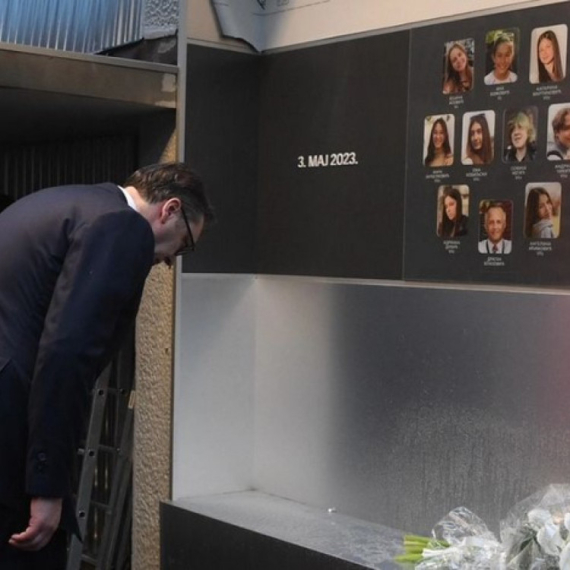
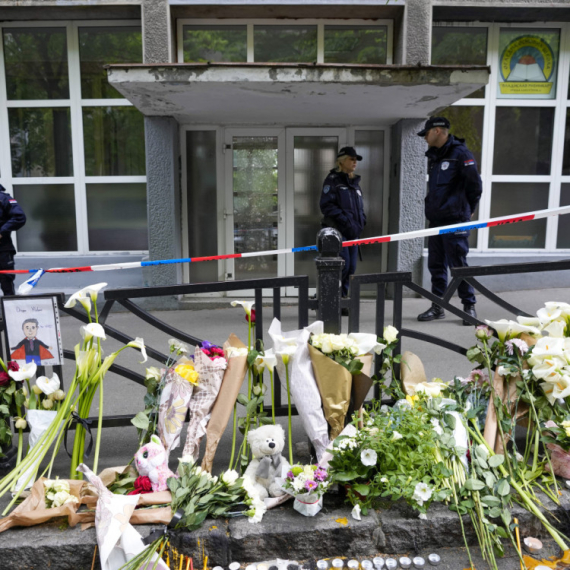
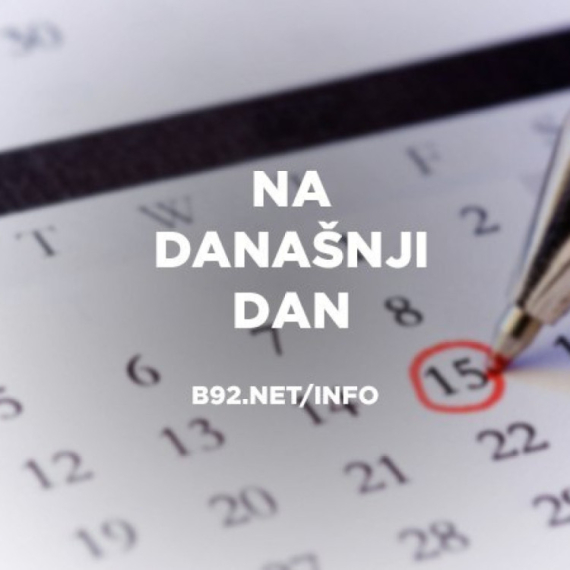
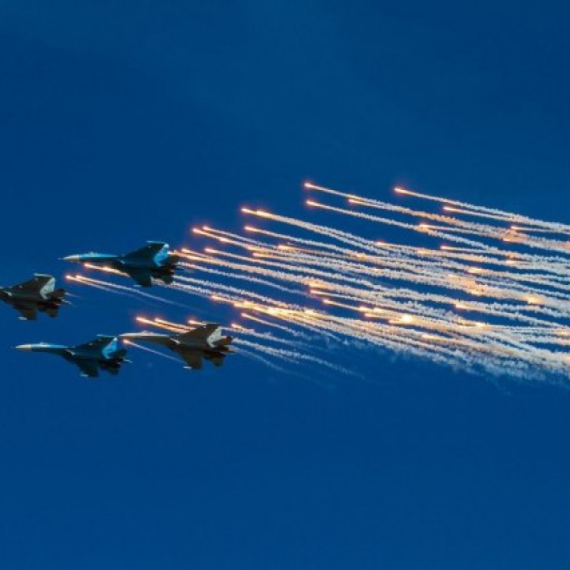










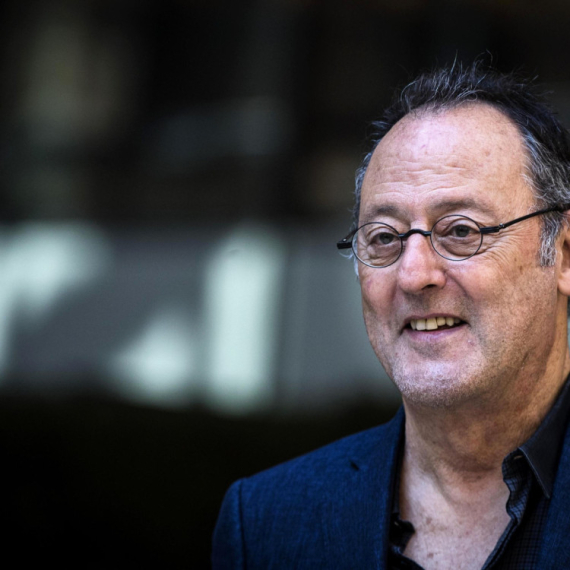























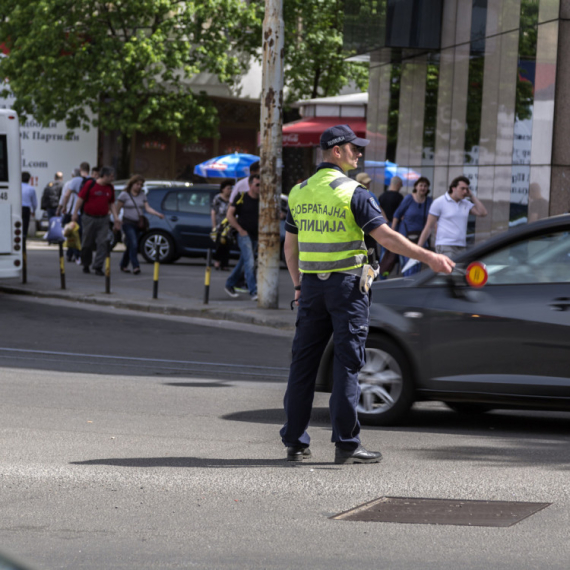



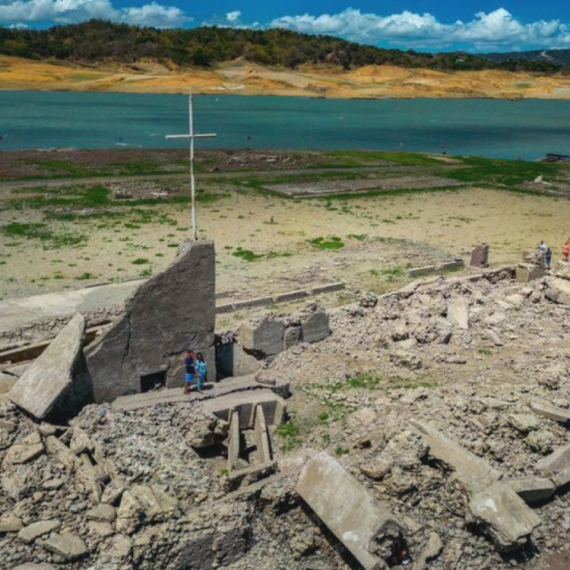


Komentari 9
Pogledaj komentare